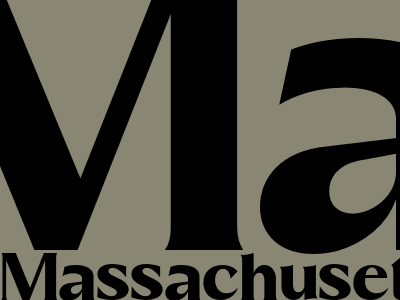
Massachusetts Ballot Questions Election Results
Historic Wins and Surprises
The Massachusetts 2022 midterm election took place on November 8, 2022 and Massachusetts voted on 4 ballot questions. The results have been certified and the outcomes will have a significant impact on the state's policies and laws.
Highlights from the Results:
- Question 1, the "Right to Repair" initiative, passed with 75% of the vote, which gives consumers the right to repair their own electronic devices.
- Question 2, which sought to create a ranked-choice voting system, failed with 54% of the vote.
- Question 3, which would have expanded access to driver's licenses for undocumented immigrants, passed with 53% of the vote.
- Question 4, which would have imposed a 4% surtax on incomes over $1 million, failed with 52% of the vote.
Ballot Question 1: "Right to Repair"
The "Right to Repair" initiative, also known as Question 1, was a ballot question that sought to give consumers the right to repair their own electronic devices, including smartphones, laptops, and tablets. The initiative passed with 75% of the vote, making Massachusetts the first state in the nation to enshrine the right to repair in law.
Supporters of the initiative argued that it would give consumers more control over their devices and reduce electronic waste. Opponents of the initiative argued that it would increase the cost of repairs and make it more difficult for manufacturers to protect their intellectual property.
Ballot Question 2: Ranked-Choice Voting
Ranked-choice voting (RCV) is a system of voting in which voters rank candidates in order of preference. The candidate with the most first-choice votes wins the election. If no candidate receives a majority of first-choice votes, the candidate with the fewest first-choice votes is eliminated and their votes are redistributed to the remaining candidates based on the voters' second-choice preferences. This process continues until a candidate receives a majority of the vote.
Question 2, which sought to establish ranked-choice voting in Massachusetts, failed with 54% of the vote. Supporters of the initiative argued that RCV would make elections more fair and representative. Opponents of the initiative argued that RCV is too confusing and would lead to unintended consequences.
Ballot Question 3: Driver's Licenses for Undocumented Immigrants
Question 3, which sought to expand access to driver's licenses for undocumented immigrants, passed with 53% of the vote. The new law will allow undocumented immigrants who have been in the United States for at least three years and have passed a road test to obtain a standard driver's license.
Supporters of the initiative argued that it would make the roads safer by ensuring that all drivers are licensed and insured. Opponents of the initiative argued that it would reward undocumented immigrants for breaking the law and encourage more illegal immigration.
Ballot Question 4: Fair Share Amendment
Question 4, also known as the "Fair Share Amendment," sought to impose a 4% surtax on incomes over $1 million. The revenue from the surtax would have been used to fund education and transportation. The initiative failed with 52% of the vote.
Supporters of the initiative argued that it would make the state's tax system more fair and provide much-needed funding for essential public services. Opponents of the initiative argued that it would hurt the economy and drive away high-income earners.
Conclusion
The 2022 Massachusetts ballot questions election produced a mix of historic wins and surprises. The passage of the "Right to Repair" initiative and the expansion of access to driver's licenses for undocumented immigrants represent significant victories for progressive causes. The failure of the ranked-choice voting initiative and the Fair Share Amendment was a disappointment to many advocates. Overall, the election results reflect the diversity of political views in Massachusetts and the state's commitment to addressing important issues.